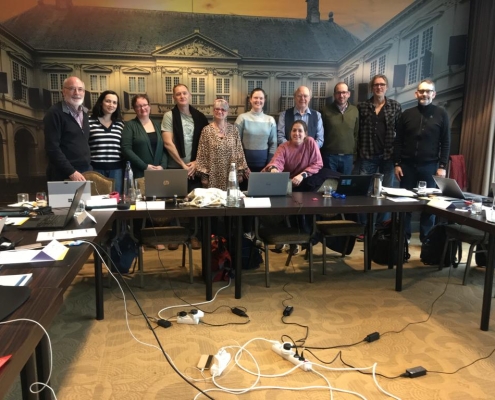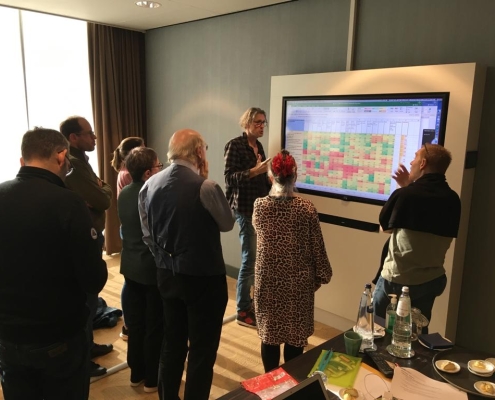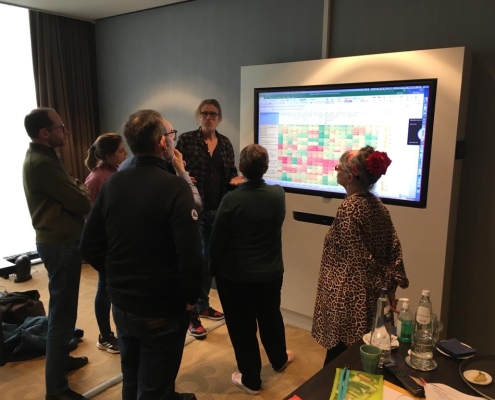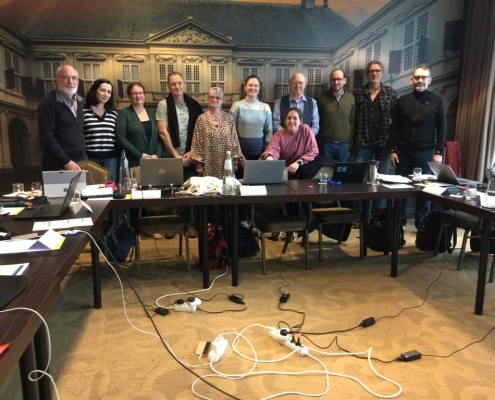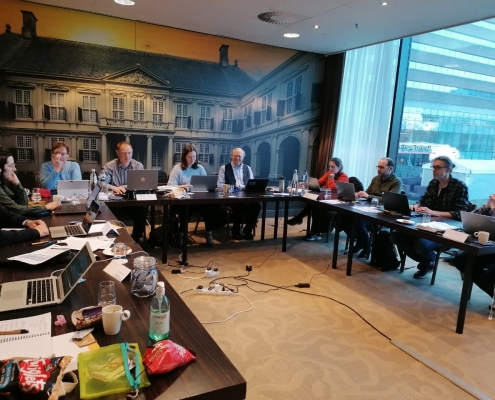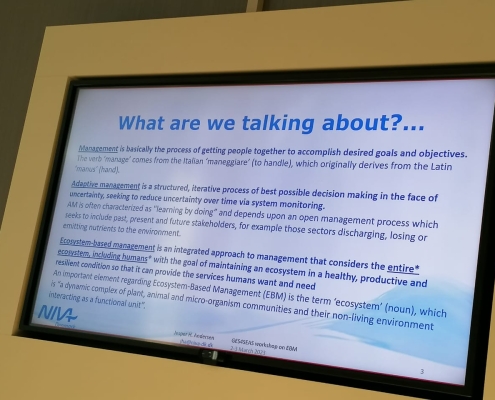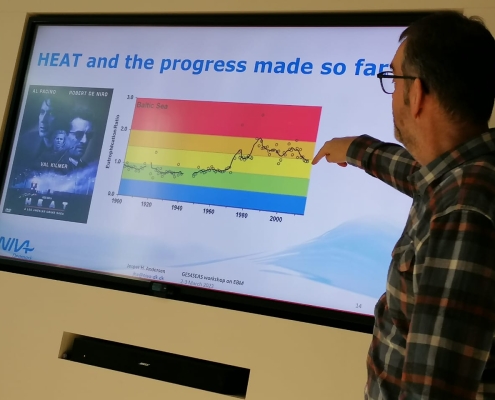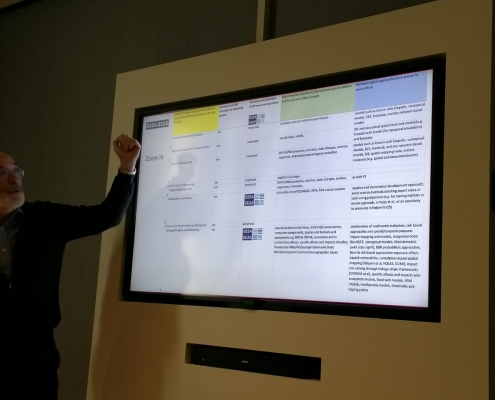Task 2.1 meets in Hague
In Hague, a beautiful city by the sea, the team for task 2.1 of the GES4SEAS project came together to set up the state-of-the-art of cumulative pressure impacts and ecosystem management approaches towards achieving GES within the MSFD.
We started out with defining EBM. An ‘ecosystem-based approach’ or ‘ecosystem-based management’ is an integrated approach to management of human activities that considers the entire ecosystem, including humans, aiming to maintain it in a healthy, clean, productive, and resilient condition, so that it can provide humans with the services and goods upon which we depend.
We reviewed a few good examples of EBM in policy and in real life applications.
The MSFD for example in Article 1.3 states “Marine strategies shall apply an ecosystem-based approach to the management of human activities, ensuring that the collective pressure of such activities is kept within levels compatible with the achievement of good environmental status and that the capacity of marine ecosystems to respond to human-induced changes is not compromised, while enabling the sustainable use of marine goods and services by present and future generations”.
The Baltic Sea Action Plan (BSAP), adopted by the HELCOM Contracting Parties in 2007 and updated in 2021, is HELCOM’s “strategic programme of measures and actions for achieving good environmental status of the sea, ultimately leading to a Baltic Sea in a healthy state”. The OSPAR Commission applies the ecosystem approach to work coherently towards a holistic approach to the problems addressed by the different OSPAR Strategies.
The Convention on Biological Diversity (CBD) defines the ecosystem approach as “a strategy for the integrated management of land, water and living resources that promotes conservation and sustainable use in an equitable way”. The Barcelona Convention adopted the EcAp in 2008 as the guiding principle to all policy implementation for a healthy Mediterranean with marine and biological ecosystems that are productive and biologically diverse for the benefit of present and future generations.
Our review revealed 25+ principles to guide the successful implementation and operationalization of the EBM from which we selected the ones relevant to the core objectives of GES4SEAS. We then selected the key elements of these principles e.g. the key elements that describe/help assess “Ecological Integrity and Biodiversity”.
Finally, we focused on the methodologies to address each key element selected and with the aid of expert group discussion and a formal scoring and traffic-light- ranking exercise we identified the best-fit tool groups for each EBM element.
The results of this meeting will be detailed in D2.1. “Ecosystem management approaches based on a review of the activity-pressures-effects chain towards achieving GES in the MSFD”, to be submitted by end May 2023.



